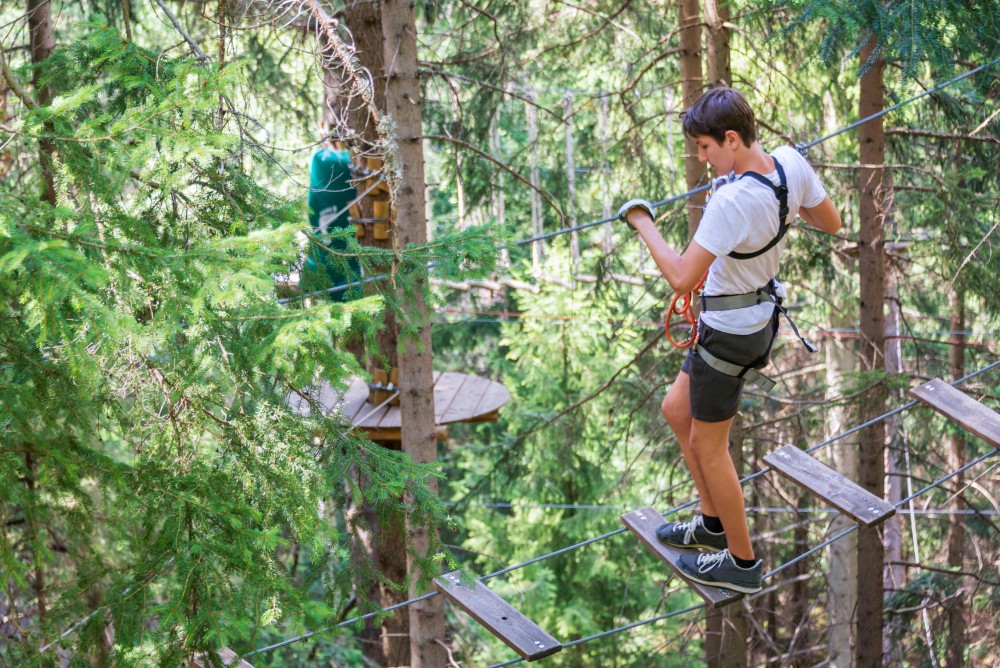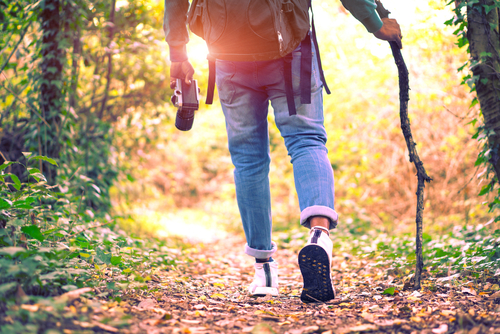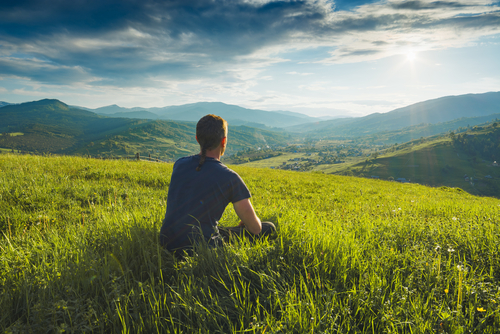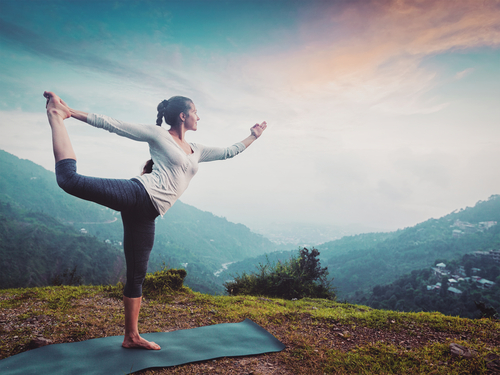
The Final Rule For Women In Recovery: Have Fun
March 26, 2019
Take to the Woods and Slow Down
April 1, 2019Drugs and alcohol change the way our brain perceives and creates signals of pleasure, which dictates our enjoyment of life. Quite literally, in the first months of sobriety, our brains are deficient in their ability to regulate the idea of pleasure. A brain chemical called dopamine, which sends signals of pleasure throughout the brain, has been depleted due to our addiction. Drugs and alcohol create a surplus in production of dopamine when they reach the brain. Years of substance abuse exhausts our dopamine production until we can barely feel any pleasure at all, contributing to our inability to feel high or positively intoxicated anymore. As our dopamine levels radically alter, the things we perceive as pleasurable in life change. Dopamine directly interacts with the reward center of the brain, programming facts as to what causes us the most pleasure and what does not. When all our brain focuses on for pleasure is drugs and alcohol, the brain becomes convinced that drugs and alcohol are all that will give us any kind of rewarding pleasure. Even after we are sober for weeks or months, we are challenged in convincing the brain that we can experience pleasure of any kind in other ways- one, because we are reprogramming our brain to recognize other channels of pleasure and two, because we cannot produce enough dopamine for the brain to recognize anything else as pleasurable.
Finding as much pleasure as possible through good, healthy, honest fun in sobriety is a critical part of our recovery. Having fun shouldn’t seem like a task, but for the recovering woman, it can be a challenge. In the early months of sobriety, life can seem bleak because even the simplest of fun-having decisions are hard. Going to the movies, going out to eat, seeking out a local activity, taking a road trip, going on a group outing- all of these basic activities can feel difficult and frustrating rather than fun.
Slowly but surely, over time, having fun is less challenging. Wilderness therapy programs are the perfect solution for an issue which causes many women to relapse. Out in nature, having new amazing experiences and adventures every day, we reprogram our brains fast, in a way much different than the average experience in a traditional treatment center, urban, suburban, or even rural setting. We’re forced into a new world that pushes us, excites us, challenges us, and rewards us every day.
Next month, we’ll look more at how to have fun in recovery and nature.
Women’s recovery programs created by women, run by women, made for women, are key to helping women navigate the many layers of their world both internally and externally. Created with the female experience especially in mind, the RedCliff Recovery program has been designed to help women believe in hope, live in joy, and find the freedom they deserve. For more information on women’s wilderness, call us today: 801.370.2274




